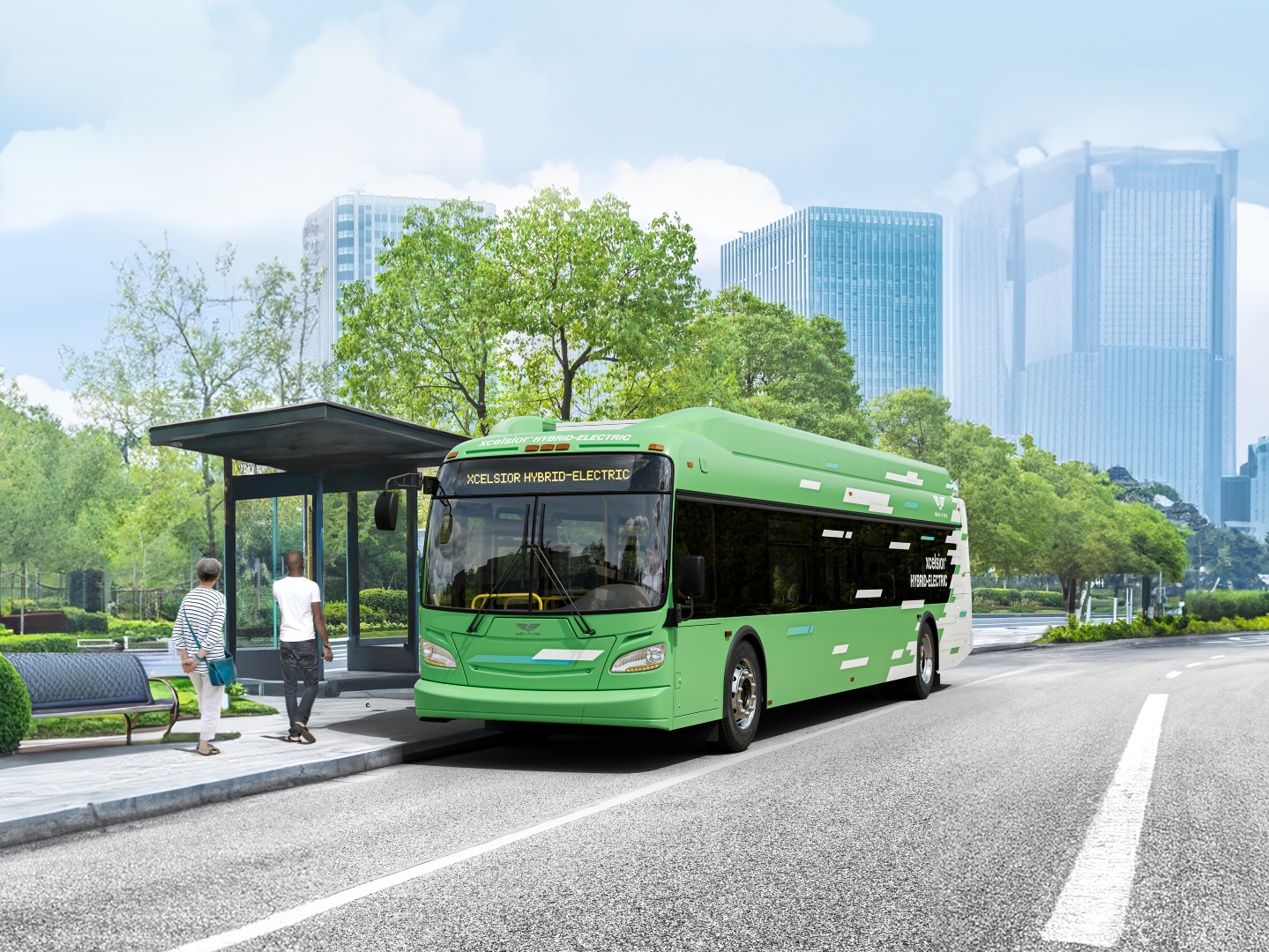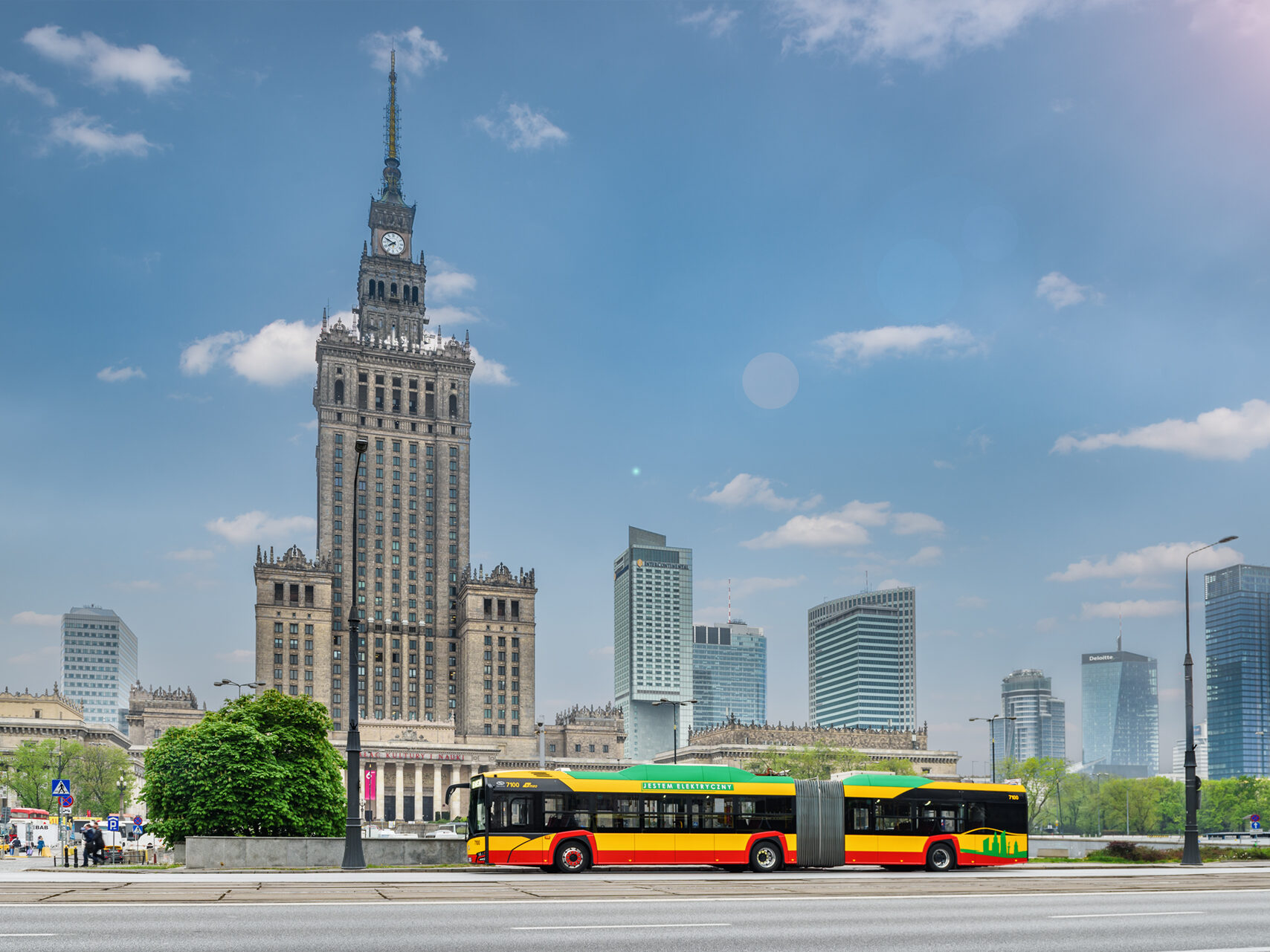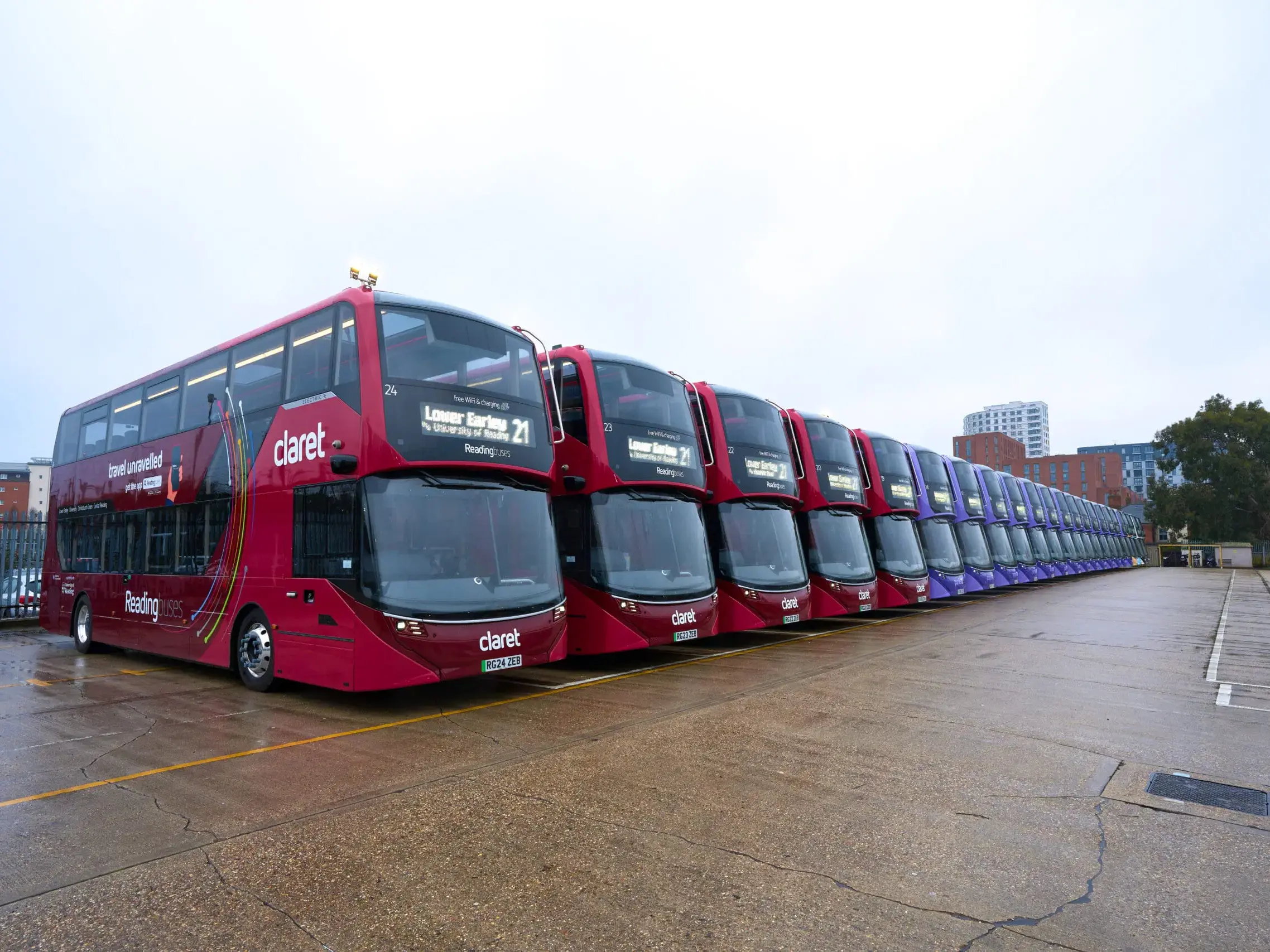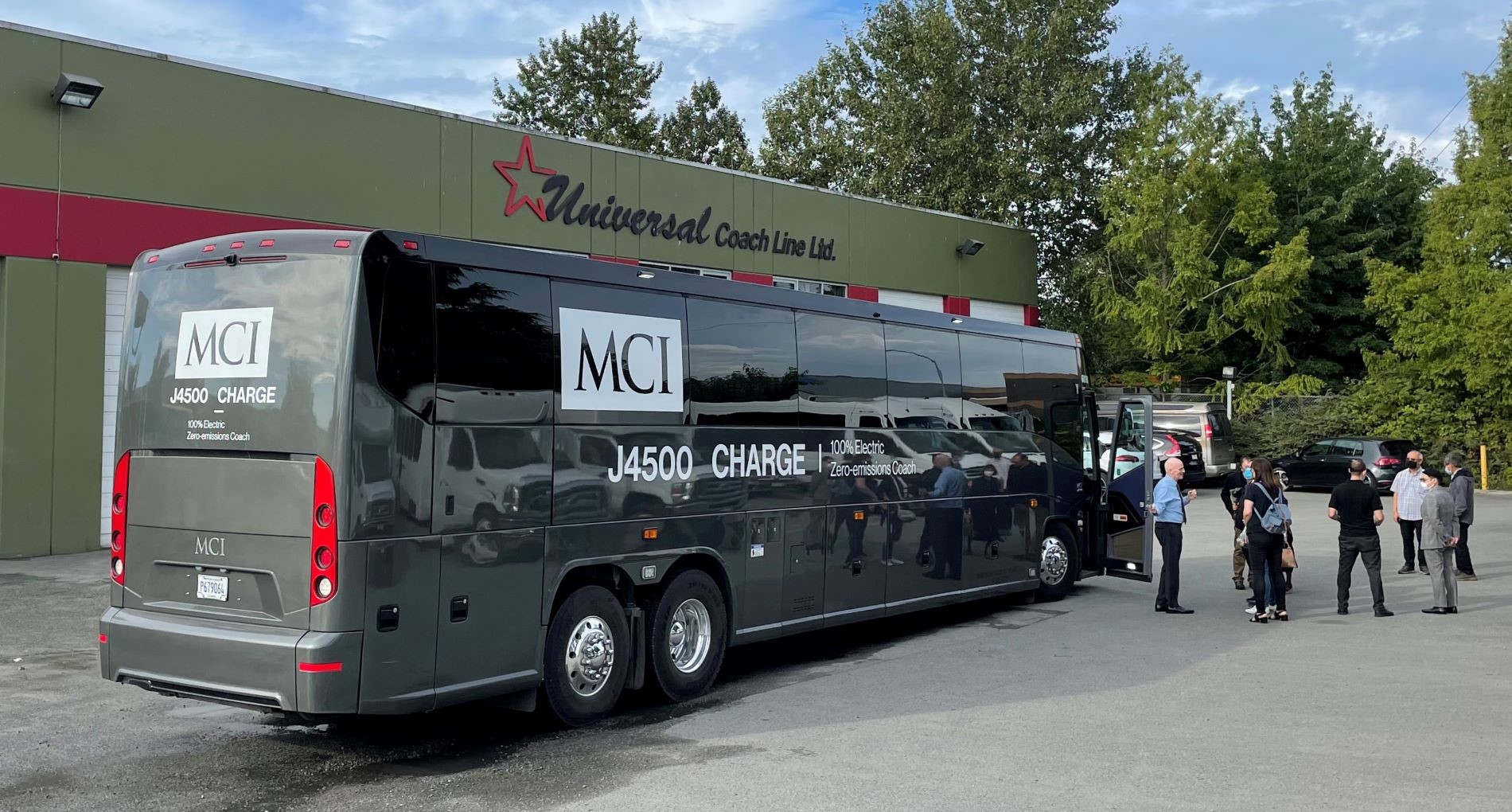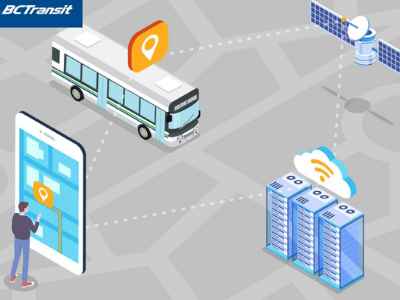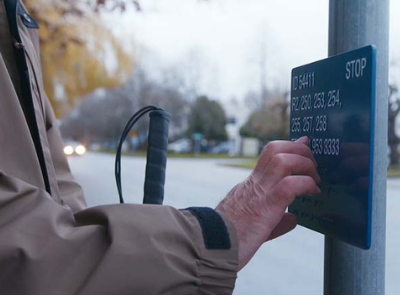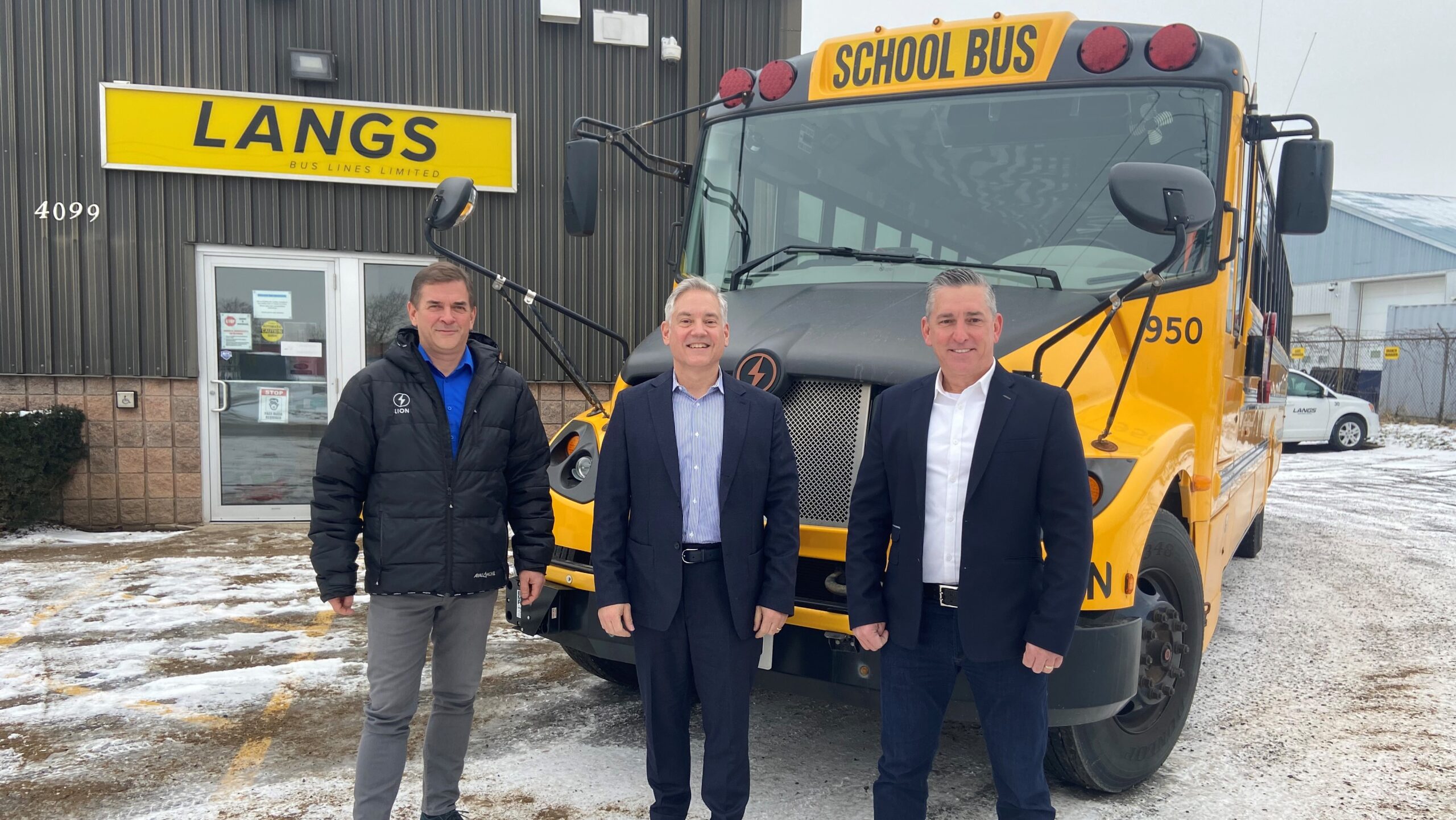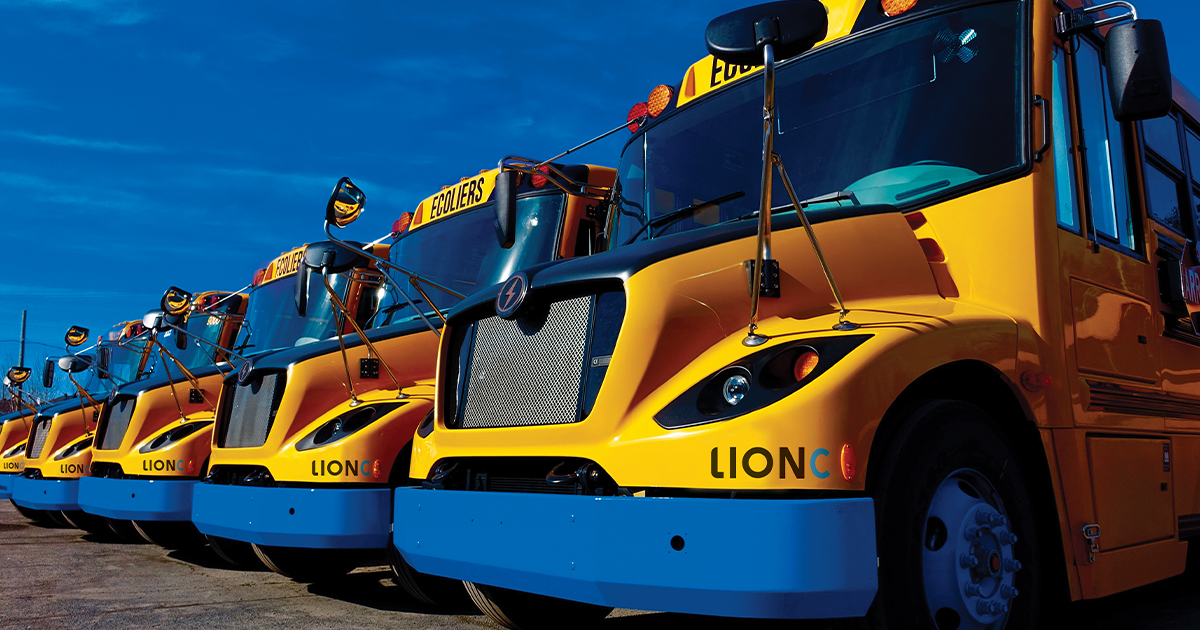The Canadian Urban Transit Research & Innovation Consortium (CUTRIC) has launched data-driven projects with Calgary Transit, Orange County Transportation Authority and TransLink to compare buses powered with renewable natural gas, compressed natural gas, and diesel fuel.
The four-month holistic studies will be conducted in partnership with Enbridge Gas to explore the viability of renewable natural gas (RNG) as a carbon-neutral fuel. Factors such as fuel usage, vehicle maintenance, total ownership costs, and greenhouse gas emissions will be analysed for transit buses operating on the differing propulsion fuels. Each project will comprehensively review existing fleets across Canada and the US and determine their total emissions.
CUTRIC President & CEO Josipa Petrunic, said:With thousands of RNG-fuelled buses already operating in transit fleets across the United States, CUTRIC’s comparative analysis will determine whether RNG can quickly enable carbon-neutral mobility in Calgary, Orange County and across B.C., without sacrificing performance, reliability or range. The drive to eliminate emissions is rightly focused on the integration of new technologies, such as battery electric buses and hydrogen fuel-cell electric buses. But RNG is often overlooked as another easily accessible, available and simple net zero emissions alternative fuel for Canadian transit agencies today.
What Is Renewable Natural Gas?
Renewable natural gas is biogas that has been upgraded so it can be used in place of fossil natural gas. The upgrading here refers to treating it by removing moisture, carbon dioxide and trace-level contaminants such that it has a methane content of at least 90 percent. The biogas comes from sources such as landfills and livestock farms. It is interchangeable with the conventional natural gas used in existing buses and can also be transported through the current pipeline systems.
A new compressed natural gas bus fuelled by renewable natural gas has similar costs to a regular diesel bus and it does not require additional or new infrastructure, which makes it financially attractive for transit agencies struggling with decarbonisation. However, for renewable natural gas to be climate-friendly, it must be produced from waste methane that would otherwise have been released into the atmosphere. It could be quite climate-intensive, if generated from intentionally-produced methane.
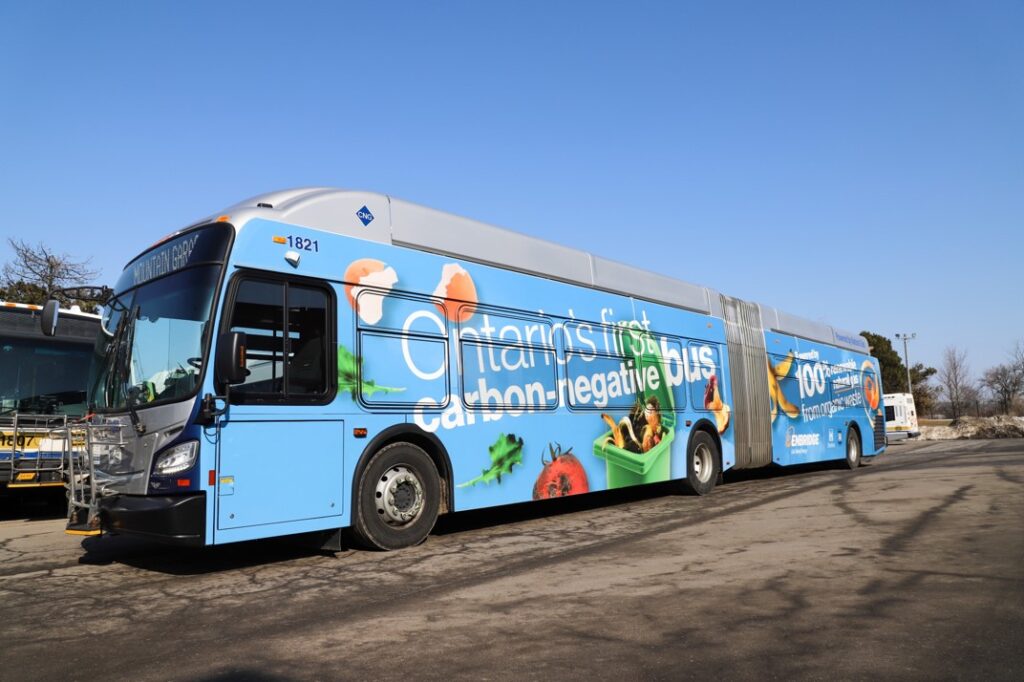
Malini Giridhar, Vice President of Business Development and Regulatory, Enbridge Gas, said:Heavy transportation is a significant contributor to greenhouse gas emissions. The good news is we can decarbonise heavy transport effectively today through compressed natural gas, a market-ready practical solution which offers significant greenhouse gas and cost advantages as compared to diesel, and incorporating RNG generated from organic waste, you can get to zero emissions.
There are currently 825 compressed natural gas buses on Canadian roads. In addition to Canada’s 10 operating renewable natural gas production facilities, another 230 are currently in development or under construction in Ontario alone.
The technology is therefore on track to displace diesel in Canada. This is already the case across the United States, where RNG-fuelled buses are operating in transit fleets, including Los Angeles Metro and New York City Transit.
Ralf Nielsen, Director of Enterprise Sustainability, TransLink, said:RNG is a key element of TransLink’s Low Carbon Fleet Strategy. For us, RNG is a win-win: it is a cost-effective alternative to diesel and significantly reduces our fleet CO2 emissions. Its local production from agricultural and municipal waste also supports a circular, low carbon economy.











